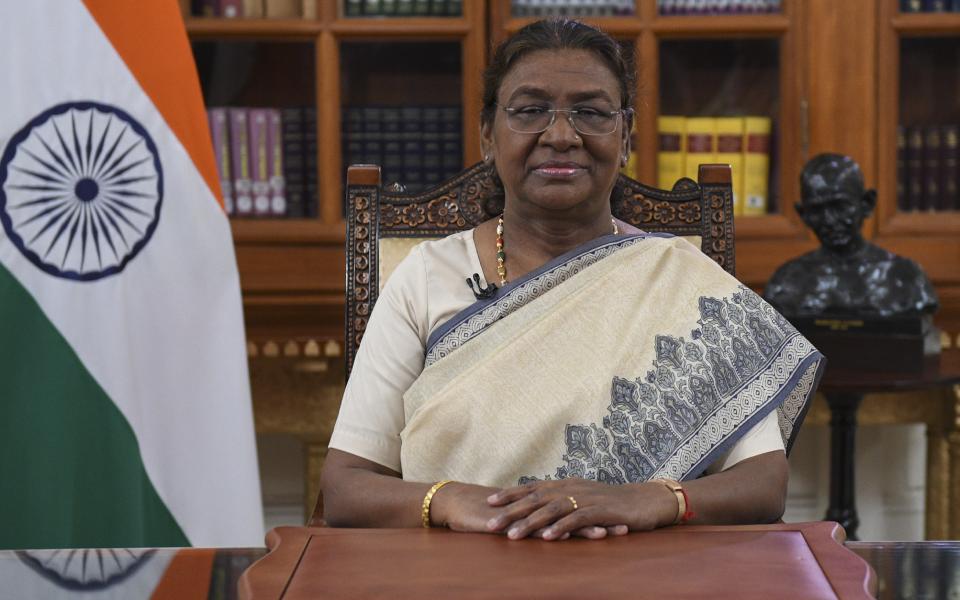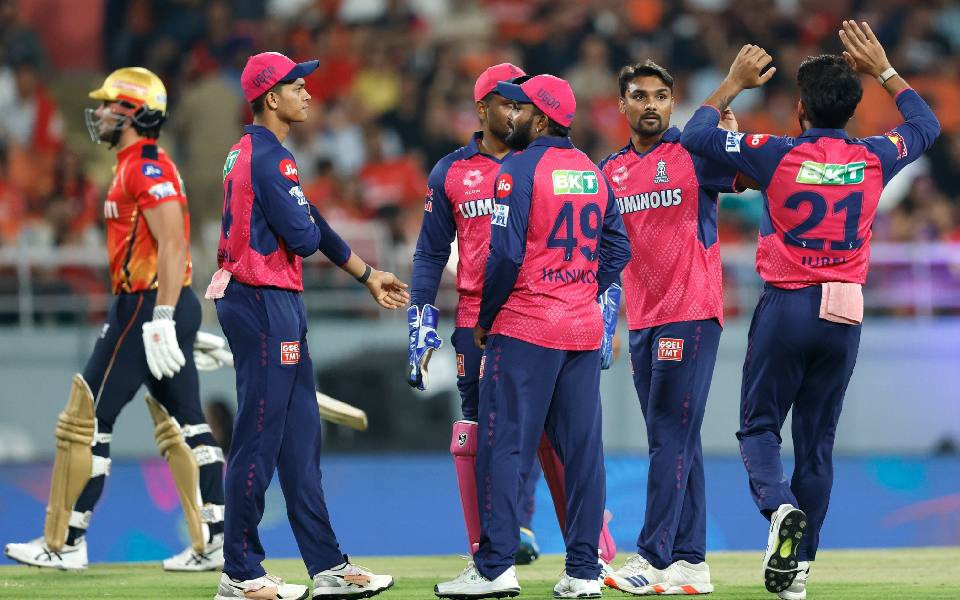New Delhi, Aug 11: If you are in Kerala and are affected by the devastating floods, using Twitter may help you steer clear of fake news.
When communication services are limited and internet connectivity is poor, using the data-friendly "Twitter Lite" can help you connect easily with government agencies, relief organisations, media and volunteers.
One just needs to use hashtags such as #KeralaFloods, #KeralaFloods2018 to find information regarding relief operations, such as locations of relief centres.
Other hashtags such as #OpMadad can help with aid or rescue and #KeralaFloodRelief for raising funds for Kerala flood survivors.
To keep abreast with latest information, you can track Twitter "Moments" which is available in over 40 languages and can also be accessed offline.
"Moments" are curated stories showcasing the most relevant tweets for what's happening on the micro-blogging site.
One can also create a chronological account of the situation and curate relevant tweets, which can serve as a point of reference later on.
Further, tracking government agencies like the National Disaster Response Force (@NDRFHQ) Indian Navy (@indiannavy), Press Information Bureau (@PIBIndia), the Chief Minister of Kerala (@CMOKerala), and the Indian Coast Guard (@IndiaCoastGuard) can help get the latest news from trusted sources, as and when it happens.
Avoid sharing information that you are not able to verify and after receiving the help you need, make sure you update your tweet to save time and avoid duplication of effort.
The northern and central parts of the state have been battered by heavy rains since August 8, causing one of the worst floods in its history and have until now claimed 29 lives and left 54,000 homeless.
Saving their lives was our priority. Now it is our duty to help them rebuild it. Contribute generously to the Chief Minister's Distress Relief Fund. #KeralaFloods #KeralaFloodRelief pic.twitter.com/eNHjyENt8d
— CMO Kerala (@CMOKerala) August 11, 2018
Let the Truth be known. If you read VB and like VB, please be a VB Supporter and Help us deliver the Truth to one and all.
Mathura(UP), Apr 5 (PTI): A retired Army colonel from Haryana has filed a police complaint here, alleging that he was held hostage, assaulted, looted and forced to participate in an "obscene video" at gunpoint with a woman he met through a matrimonial website, police said on Saturday.
The woman from Mathura, who was allegedly in on the plan to rob him, was working with other accomplices, the ex-armyman said in his complaint filed on Thursday.
According to Barsana Station House Officer (SHO) Raj Kamal Singh, Colonel Rajneesh Soni (retired), a resident of Gurugram, reported that he was contacted by a woman from Barsana on a matrimonial website in January. The woman allegedly agreed to marry him, and they began communicating.
The woman allegedly persuaded the colonel to visit Barsana on January 25, requesting that he visit the Radharani temple. When he arrived, she arranged for his stay at a guest house and took him on a tour of the area, including a visit to the temple, the complainant said.
After returning to the guest house, the woman and her accomplices allegedly told the colonel that her brother had been involved in an accident and they needed to leave immediately. They then led him to a waiting car.
"Once outside the town limits, the colonel alleges that he was attacked by the occupants of the car. They seized his phone, physically assaulted him, and forced him to contact relatives and friends to transfer money," the SHO said.
"He was then taken back to the guest house, where he was allegedly forced to participate in obscene videos and photographs at gunpoint. He was threatened that the videos would be made public if he reported the incident," the officer said.
The colonel has alleged that his purse, bag, gold chain, debit card and Rs. 12,000 in cash were stolen from the guest house.
After an unsuccessful attempt at locating the perpetrators himself, the colonel finally reported the incident to the Barsana police two days ago, he said.
"A case has been registered under relevant sections of the BNS and all facts are being investigated. Further action will be taken as per facts found in the investigation," the SHO said.





